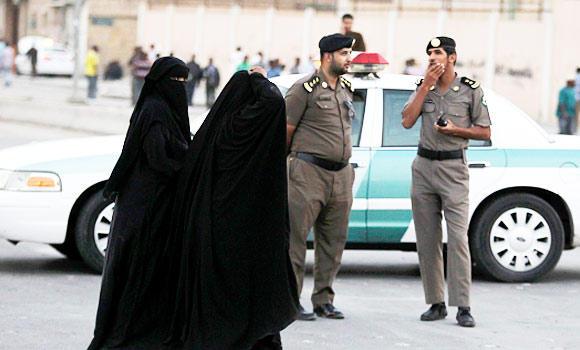
Jeddah, Nov 25: Saudi Arabia has exempted Palestinian and Burmese nationals who are found to be in violation of the new labor laws from deportation.
Palestinian and Burmese nationals comprise the bulk of expatriates who are unable to return to their countries due to internal strife in their countries.
Over half a million Palestinian expatriates currently live and work in the Kingdom, mainly in administrative positions and in professional categories.
Most Palestinians hold travel documents from Jordan, Lebanon, Syria, Iraq and Egypt.
Ambassador Imad Shaath, consul general of Palestine in Jeddah, told Arab News on Sunday that Palestinian expatriates who are in possession of Egyptian passports are exempted from the deportation process. The envoy expressed gratitude to the Saudi government for the kind gesture. He said that Palestinians with travel documents issued by Egypt would be able to apply for renewals at the Egyptian Consulate in Jeddah upon recommendation from the Palestinian Consulate.
He also thanked the Egyptian authorities for processing the documents of the huge number of Palestinian expatriates, saying that a sizable number of Palestinians had regularized their status.
He hailed Labor Minister Adel Fakeih for allocating a special quota for Palestinian expats under the Nitaqat scheme in the private sector.
The vast majority of Palestinians live in the Western region, some of whom have lived in the Kingdom for 60 years. Many of them have Egyptian passports.






Comments
Add new comment